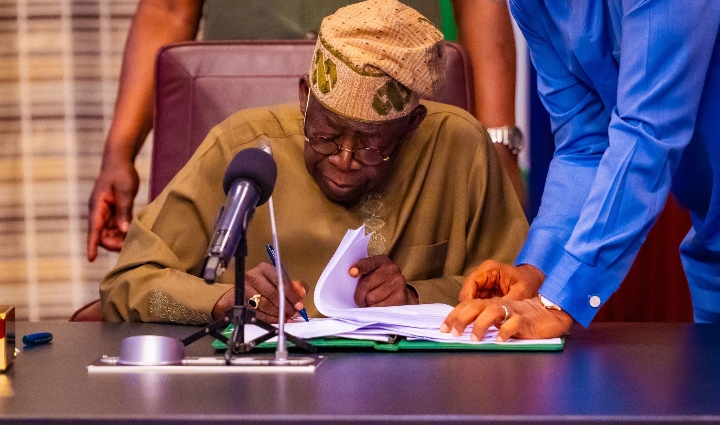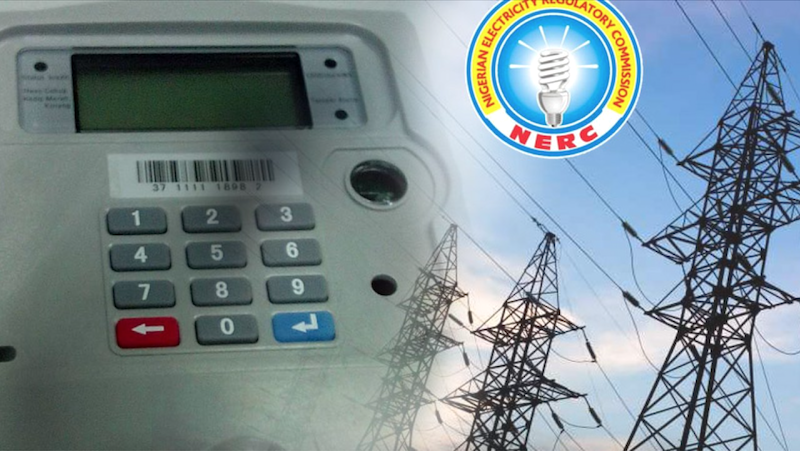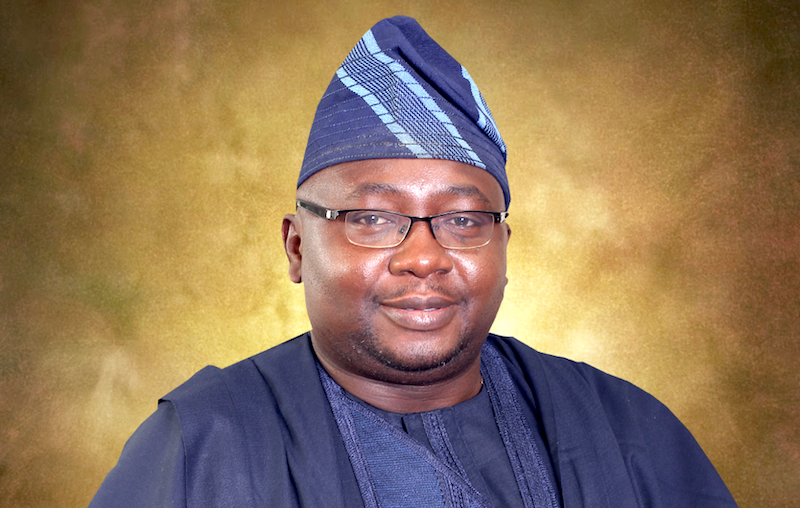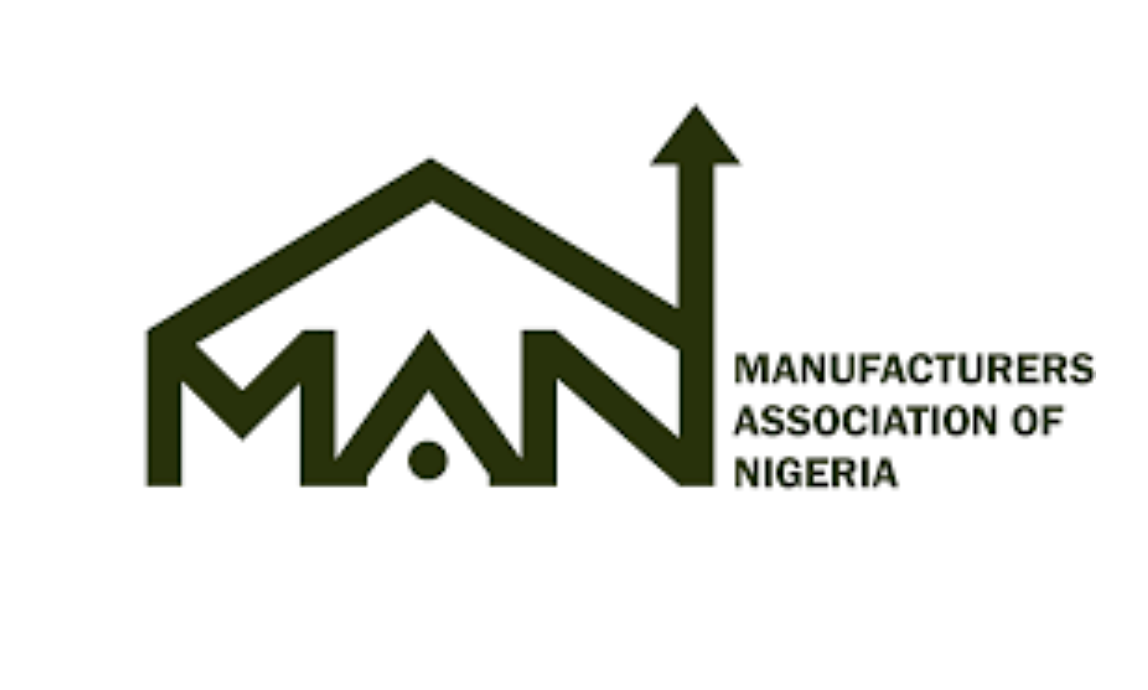The Nigerian Electricity Regulatory Commission (NERC) on Thursday disclosed that Electricity Distribution Companies (DisCos) collected a total revenue of N553.63 billion in the first quarter of 2025.
According to NERC’s 2025 First Quarter Report published on its website in Abuja, the amount was realised from a total billing of N744.27 billion issued to customers during the period.
The report noted that this represented a collection efficiency of 74.39 per cent, compared to 77.41 per cent in the fourth quarter of 2024, when DisCos collected N509.84 billion from a total billing of N658.40 billion.
“Which translated to 77.44 per cent collection efficiency. The 74.39 per cent collection efficiency recorded in 2025/Q1 is 3.05 Percentage Point (PP) lower than the collection efficiency recorded in 2024/Q4 which represents 77.44 per cent,” it said.
The report said that four disCos recorded collection efficiencies up to 80 per cent with Eko DisCo recording the highest collection efficiency which accounted for 84.79 per cent of the collection.
“Conversely, Jos DisCo recorded the lowest collection efficiency with 47.19 per cent. A comparison of disCos’ performance shows that Kano had +6.55pp Abuja +4.81pp) and Enugu +0.72pp),” it said.
According to the report, the three DisCos recorded improvements in collection efficiency between 2024/Q4 and 2025/Q1.
The report said that the remaining eight DisCos recorded declines in collection efficiency with Port Harcourt recording -15.11pp, Kaduna -7.12pp and Eko -5.21pp. It added that these Discos had the most significant declines over the period.
The report also said that In 2025/Q1, billing and collection efficiencies declined by 2.47pp and 3.05pp respectively, compared to 2024/Q4.
“Based on historical trends, this decline inefficiencies can be attributed to the increased energy off take of +10.06 per cent during the quarter compared to 2024/Q4.
“It has been observed that there is an inverse relationship between DisCos’ energy off take and their billing/collection efficiencies.
“Typically, when DisCos off take more energy, they often allocate the incremental energy to areas where they record historically lower billing and collection efficiencies, ‘’ it said.
According to the report, the most proven methods to improve energy accounting and revenue recovery are accurate customer enumeration and the installation of end-use customer meters.
It said that the commission issued the Order on the operationalisation of Tranche A of the Meter Acquisition Fund (MAF) in 2024/Q2.
“The Order, which became effective on 24 June 2024, directed DisCos to utilise the first tranche of disbursement from the MAF scheme to procure and install meters for unmetered Band A customers within their franchise areas.
“As of March 2025, DisCos have metered more than 41,000 Band A customers through the MAF scheme.
“In addition to the MAF, DisCos are expected to continue to utilise any of the metering frameworks provided for in the NERC, Meter Asset Programme (MAP).
“And the National Mass Metering Programme (NMMP ) metering regulation (2021) to improve end-use customer metering in their franchise areas, ‘’it said.
The report added that these metering initiatives by NERC would reduce commercial and collection losses, thereby improving the flow of funds to upstream market participants in the Nigeria Electricity Supply Industry (NESI).
DisCos installed 187,194 meters in Q1 2025 – NERC
Similarly, NERC on Thursday said Electricity Distribution Companies (DisCos) installed a total of 187,194 meters in the first quarter of 2025.
NERC announced this in its 2025 First Quarter Report, published on its website in Abuja.
According to the report, the figure marks a marginal increase of 0.41 per cent compared to the 186,431 meters installed in Q4 of 2024.
The commission in the report said that the new installations pushed the end-user metering rate upward to 46.98 per cent, from the 46.57 per cent recorded in the previous quarter.
“Out of 187,194 meters installed in the quarter under review, 148,713 meters, representing 79.44 per cent of total installations, were deployed under the Meter Asset Programme (MAP).
“While 36,787 meters representing 19.65 per cent of meters installed came through the Meter Acquisition Fund (MAF), additionally, 1,074 meters, representing 0.57 per cent of the meters, were installed under the DisCo Financed framework.
“620 meters representing o.33 per cent were installed under the Vendor Financed scheme framework,” it said.
According to the report, Ibadan, Ikeja, and Abuja DisCos recorded the highest number of meter installations in the quarter under review.
“The DisCos accounted for 22.80 per cent, 21.80 per cent, and 13.57 per cent, respectively, of the total installations.
“ Compared to 2024/Q4, Yola DisCo at -56.70 per cent , Ikeja DisCo -23.62 per cent, and Enugu DisCo -12.31 per cent recorded significant decline, ‘’ it said.
The report also said that as a safeguard for customers against exploitation due to the lack of meters, the commission has continued to issue monthly energy caps for all feeders in each DisCo.
“This sets the maximum amount of energy that may be billed to an unmetered customer for the respective month based on gross energy received by the DisCo and consumption by metered customers on their respective feed.
DisCos resolve 1,554 complaints in 2025/Q1 – NERC
Also, NERC disclosed that the Electricity Distribution Companies (DisCos) resolved 1,554 complaints in the first quarter of 2025.
NERC disclosed this in its 2025 First Quarter Report, published on its website in Abuja on Thursday.
The report said that during the period, DisCos successfully resolved 1,554 out of the 4,169 complaints filed at the NERC- Customer Complaint Unit (CCU) and this translated to a resolution rate of 37.27 per cent.
“The number of complaints received across all Disco-CCUs was 254,404, which represents a 7.72 per cent decrease compared to the 275,681 received in the fourth quarter of 2024.
“The commission notes the poor resolution rate 37.27 per cent complaints lodged at the NERC-CCU in 2025/Q1 and is taking steps to improve the speediness of complaint resolution by DisCos,’’ it said.
According to the report, customers of Ikeja and Eko DisCos lodged 1,928 and 871 complaints, accounting for 46.25 per cent and 20.89 per cent respectively of the total complaints lodged at NERC-CCU.
“Conversely, Kano DisCo had the lowest number of complaints with which was eight representing 0.19 per cent, ‘’ it said.
The report said that as in previous quarters, metering, billing and service interruption were the prevalent issues of customer complaints during the quarter
It stated that pursuant to the provisions of its Customer Protection Regulations 2023 (CPR 2023), the commission set up forum offices across the country to review unresolved disputes from the DisCos’ Complaint Handling Units (DisCos-CCU).
“The total number of active appeals across the Forum Offices in 2025/Q1 was 1,722 made up of 1,178 new appeals in 2025/Q1 and 544 pending appeals from 2024/Q4.’’
The report added that during the period, the forum panels held 58 sittings and resolved 1,276 of the appeals filed at forum offices nationwide resulting to 74.10 per cent resolution rate.
“The resolution rate was 6.48 Percentage Point (PP) higher than the 67.62 per cent achieved in 2024/Q4. This represents a 7.82pp increase compared to the 29.45 per cent resolution rate recorded in 2024/Q4, ” it said.




